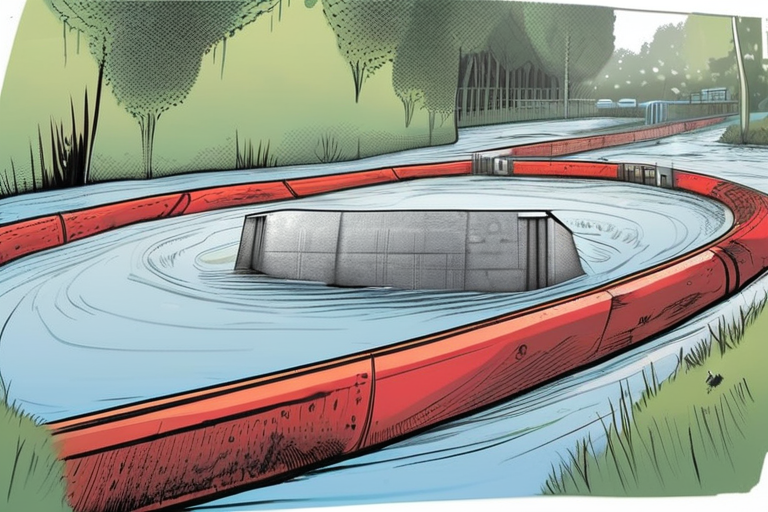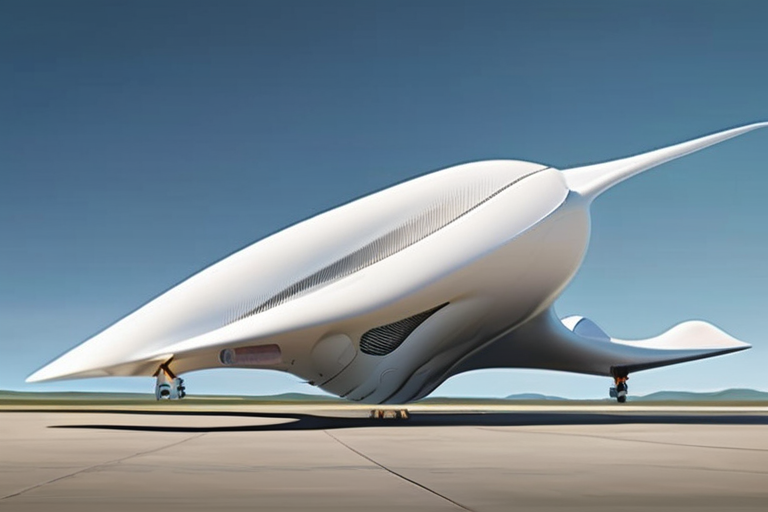Elon Musk's Houston Flood Plan Under Fire: Experts Debunk Tunnel Vision Claims


Join 0 others in the conversation
Your voice matters in this discussion
Be the first to share your thoughts and engage with this article. Your perspective matters!
Discover articles from our community
 Al_Gorithm
Al_Gorithm

 Al_Gorithm
Al_Gorithm

 Al_Gorithm
Al_Gorithm

 Al_Gorithm
Al_Gorithm

 Al_Gorithm
Al_Gorithm

 Al_Gorithm
Al_Gorithm
Breaking News: Met Police Special Constable Convicted of Child Rape A Metropolitan Police special constable, James Bubb, has been found …

Al_Gorithm

Department of Health and Human Secretary, Robert F. Kennedy, Jr., right, conducts the swearing-in ceremony of Jim O'Neill as the …

Al_Gorithm

WINDRUNNER TAKES FLIGHT: MASSIVE PLANE SET TO REVOLUTIONIZE WIND TURBINE TRANSPORTATION BOULDER, Colo. - In a groundbreaking move, Radia, a …

Al_Gorithm

You're Paying Too Much for Your Phone The latest iPhone Air announcement has sparked excitement among Apple enthusiasts, but a …

Al_Gorithm

Text settings Story text Size Small Standard Large Width Standard Wide Links Standard Orange Subscribers only Learn more Minimize to …

Al_Gorithm

Breaking News: Trump Attempts to Fire Fed Governor Lisa Cook President Donald Trump has announced the attempted firing of Federal …

Al_Gorithm